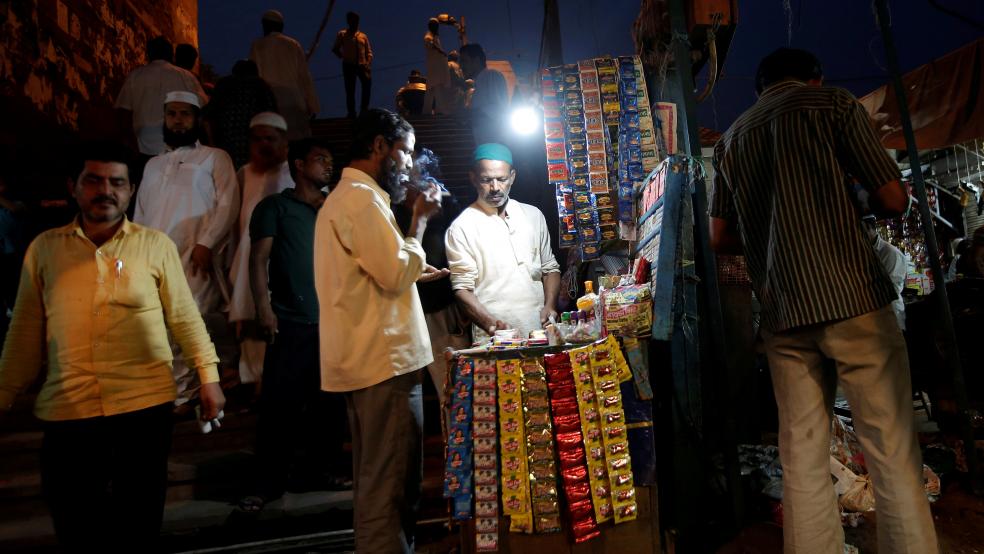NEW DELHI (Reuters) - The Indian government is pushing the Supreme Court to apply a rarely used doctrine that would strip the $11 billion tobacco industry's legal right to trade, an effort aimed at deterring tobacco companies from challenging tough new regulations.
New Delhi has for the first time asked the top court to classify tobacco as "res extra commercium", a Latin phrase meaning "outside commerce," according to a Reuters review of previously unreported court filing by the Health Ministry on Jan. 8.If applied, the doctrine - which harkens back to Roman law - would have far reaching implications: in denying an industry's legal standing to trade, it gives authorities more leeway to impose restrictions. For example, the Supreme Court's application of the doctrine to alcohol in the 1970s paved the way for at least two Indian states to ban it completely and allowed courts to take a stricter stance while regulating liquor - something constitutional law experts say could happen with tobacco if a similar ruling was made."The effects of tobacco are much more than even alcohol ... It will be a fillip to this drive against tobacco," said government lawyer R. Balasubramanian, who is acting on behalf of the Ministry of Health in pursuing the designation. Balasubramanian, however, said the government is not discussing banning tobacco and the goal of invoking the Roman law doctrine was only to curtail the industry's legal rights.CURBS AND RESTRICTIONSWith an aim to curb tobacco consumption - which kills more than 900,000 people each year in India - the government has in recent years raised tobacco taxes, started smoking cessation campaigns and introduced laws requiring covering most of the package in health warnings.But a court in southern Karnataka state last month quashed those labeling rules after the tobacco industry successfully argued the measure was "unreasonable" and violated its right to trade.The government this month appealed the ruling in the Supreme Court which put on hold the Karnataka court order. The top court will next hear the case on March 12.In its filing, the government included "res extra commercium" because it wants to stop the industry from pursuing such arguments again, said Balasubramanian. Seeking to apply the doctrine to tobacco, the government argued it should have the power "to regulate business and to mitigate evils" to safeguard public health, the court filing showed.Sajan Poovayya, a senior lawyer representing top Indian cigarette maker ITC LtdExclusive: With Roman law doctrine, India moves to stub out tobacco industry rights

ADNAN ABIDI



